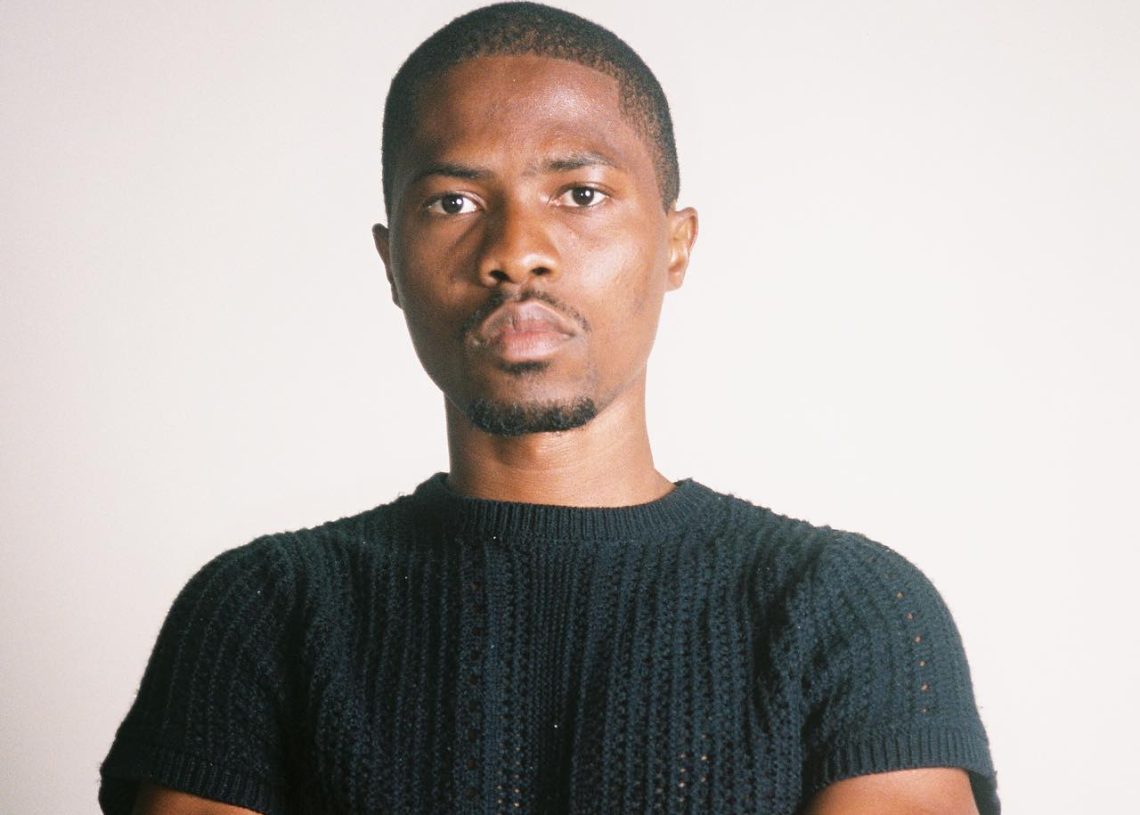APEATU, Ghana, Nov 22 — Sheltering from the pelting rain under a leaky tin roof deep inside Ghana, Kwaku Cephas Netu says he knows nothing about a war in Ivory Coast that is already changing his life.
This year he will get much better paid for the cocoa ripening on his trees because Ghana has raised prices in line with markets pushed higher by the fighting in the world’s biggest cocoa producer next door.
Meanwhile, his hamlet of Apeatu is shaken every few minutes by another truck full of goods heading north on a road that has suddenly become the main lifeline for landlocked states on the fringes of the Sahara desert.
“It looks like we should get more money this year, but we don’t really know the reason,” said Netu, who guesses his age at 50 and has been working since he was old enough to wield a machete.
“First I hope to expand my plantation. If there is anything left over then I will think about how I can spend it,” he said at his farm, some 50 km (30 miles) north of the capital Accra.
As a result of higher cocoa prices and the extra business coming its way, Ghana stands to benefit more from the war in Ivory Coast more than any other West African country.
But the crisis also raises the prospect of a tide of millions of refugees crossing Ghana’s border and a creeping fear that no country in the region is safe — potentially scaring off the investment Ghana needs so badly.
“It’s unfortunate that one is in the position in the short term where one benefits because of a neighbour’s trouble,” Information Minister Jake Obetsebi-Lamptey told Reuters.
“But it is not in our interest for Ivory Coast’s trouble to continue. We are doing all we can to help,” he said.
Source: GhanaWeb











